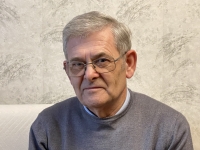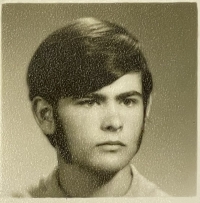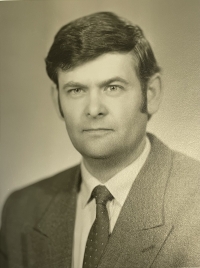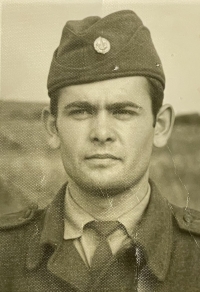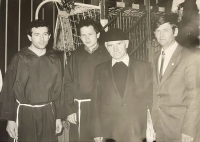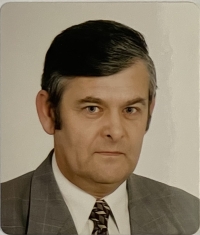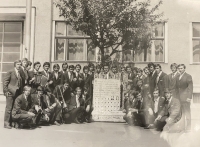I secretly transported religious literature to believers in Slovakia for ten years. We have the whole day to do something good for someone

Download image
Karol Dubovan was born on December 17, 1953 in Madunice to Karol Dubovan and Magdaléna, née Bilková. He had a three years younger sister. From birth, he grew up in a strongly religious family, because of which the family had problems, his father was fired from his job. In August 1968, he experienced the arrival of Warsaw Pact troops in Trenčín. He graduated from secondary school in Piešťany, university in Bratislava. During his university studies, he met representatives of the secret church and began to engage in Christian communities. He cooperated with priests Vladimír Jukl and Silvester Krčméry, whose consent was revoked. He was involved in the transfer and distribution of religious literature to Slovakia. During his basic military service, they wanted to lure him into counter-intelligence, he refused. He worked at the Water Power Plant in Trenčín, quit the ROH and refused to support the Anticharta. He was involved in the activities of the Fatima religious community and in the creation of samizdats. He was monitored and interrogated by state security for his activities in the secret church, and his passport was confiscated. In November 1989, he became a founding member of the VPN in Trenčín and later of the Christian Democratic Movement. In 1990, he became a member of the National Council of Czechoslovakia. He worked in politics until 1994, later he returned to the structures of Christian families. He and his wife Eva raised three children. At the time of documentation, he lived in Trenčín, actively involved in the life of the Christian community.
